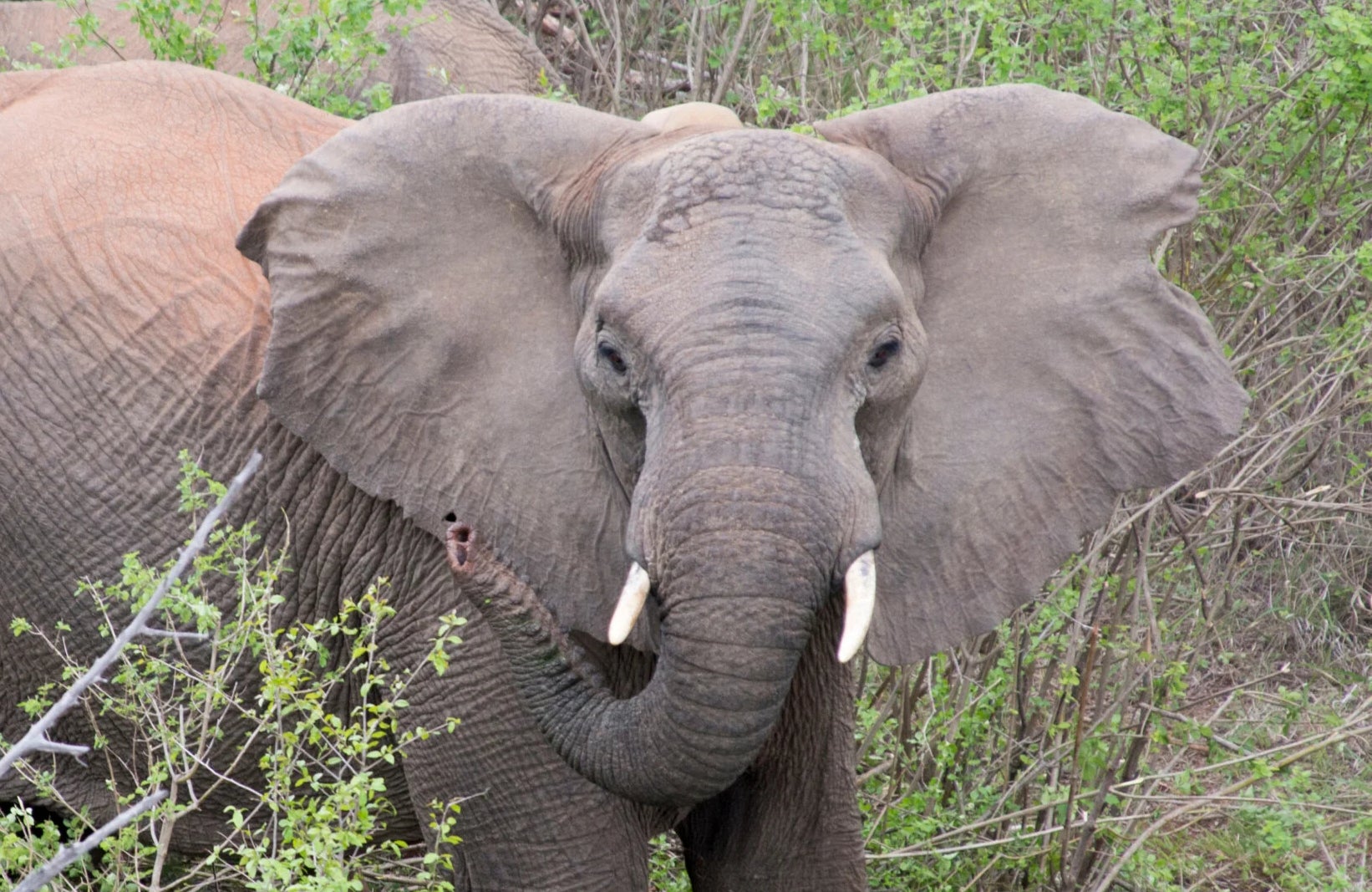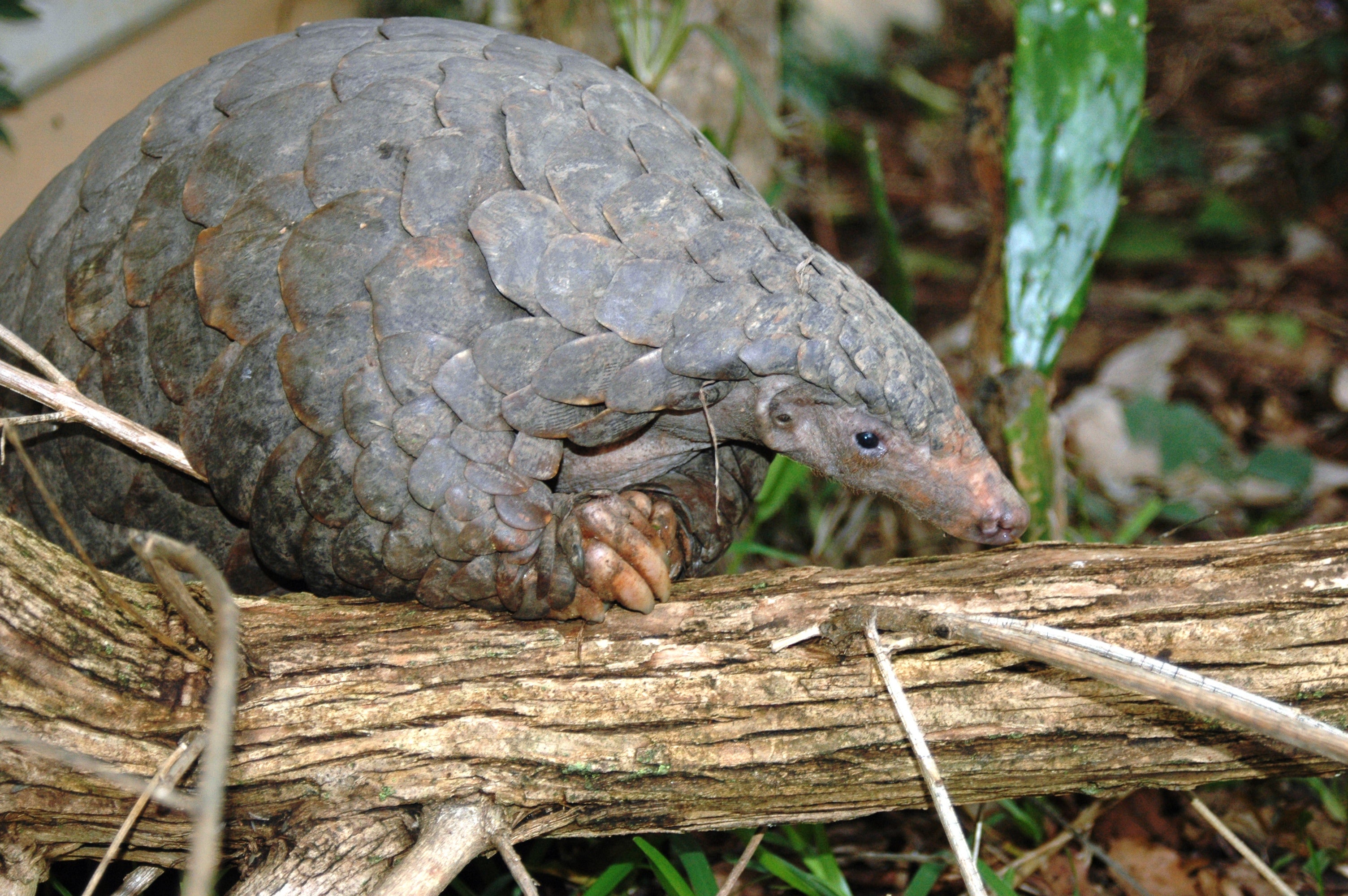
PETEN, Guatemala—Responsive to the threat that illegal trafficking poses to wildlife in Guatemala, Humane Society International and its local partner Asociacion Rescate y Conservacion de Vida Silvestre recently provided training on proper handling of confiscated animals to wildlife technicians from the National Council of Protected Areas (CONAP), and delivered specialized equipment to support their work.
The equipment includes kennels of different sizes, humane cages for birds, mammals, and snakes, herpetological bags, gloves and digital scales, among other resources, to help authorities to safely and properly manage wild animals.
During the workshop, held at the ARCAS Rescue Center in Peten, participants received training on the current regulations in Guatemala regarding wild animals; human-wildlife interactions and coexistence; and the biology and management of reptiles, primates and Psittacidae (birds such as parrots and macaws).
Andrea Borel, executive director of HSI/Latin America, said: “Wildlife trafficking represents a serious threat to animals who are removed from their habitat and illegally sold. That is why HSI supports the work carried out by CONAP in Guatemala, providing equipment and training to its officials so that they can safely and humanely care for confiscated wild animals.”
Fernando Martinez, director ARCAS Peten Rescue Center, said: “It is very important to strengthen biodiversity management in Guatemala, so we work with CONAP’s technical staff to train them on the proper handling and care that trafficked and confiscated wild animals should receive, as well as the equipment to do so. The result will be providing wildlife with the well-being they deserve outside their natural habitat.”
Miriam Quinonez, wildlife and hydrobiological resources manager of CONAP in Peten, said: “Wildlife is key to human survival and the care of wild species must be a priority; all species fulfill particular roles that help maintain the natural balance that gives us life. Wild animals were born to be free, every day we must learn to live and respect our wild urban and rural neighbors.”
According to CONAP, illegal wildlife trafficking in Guatemala ranks third among environmental crimes for the period 2014-2019, with the most cases taken up in the nation’s judiciary branch, only behind crimes committed against forest resources and attacks on natural and cultural heritage. The animals most affected by illegal trafficking are birds, spider monkeys, white-tailed deer, as well as the green iguana and the Jicotea turtle.
ENDS
Media contact: Alejandra Zuniga, CommsLatAm@hsi.org


